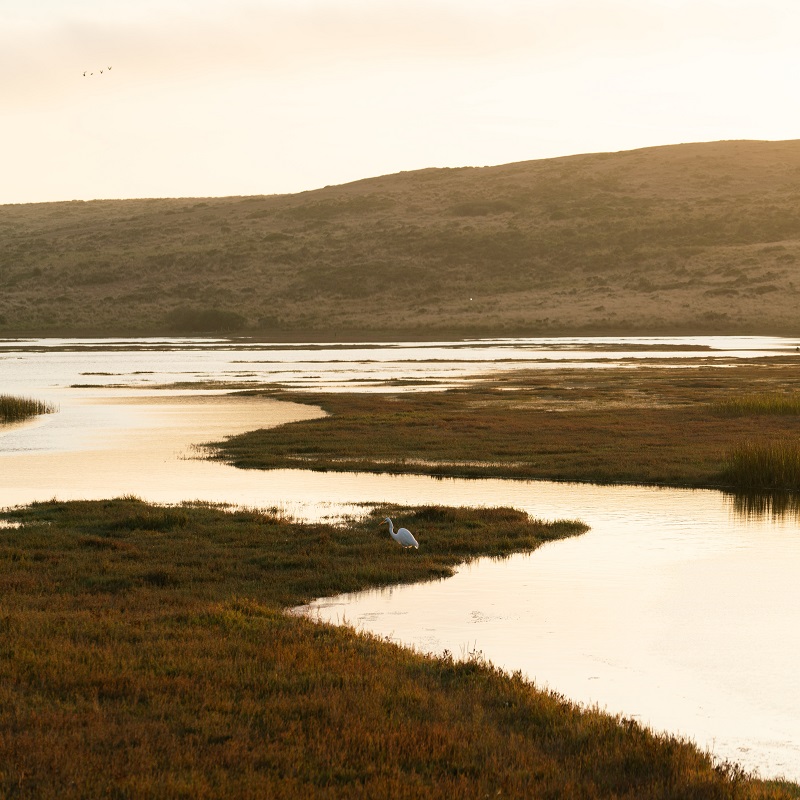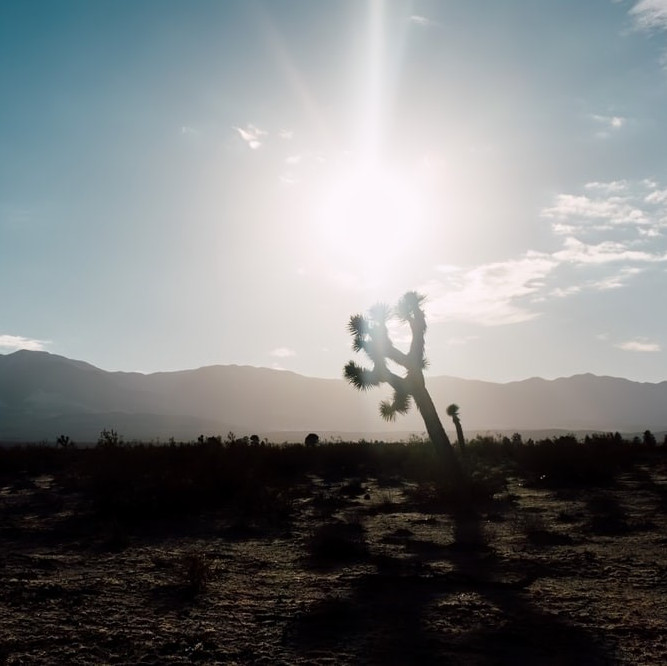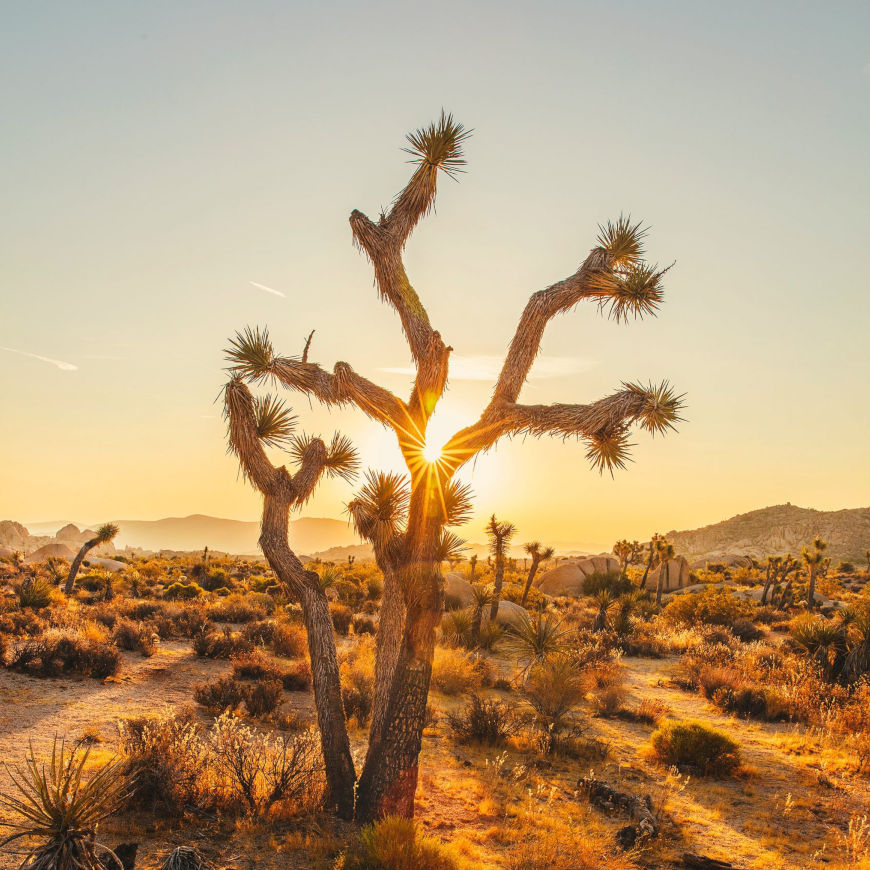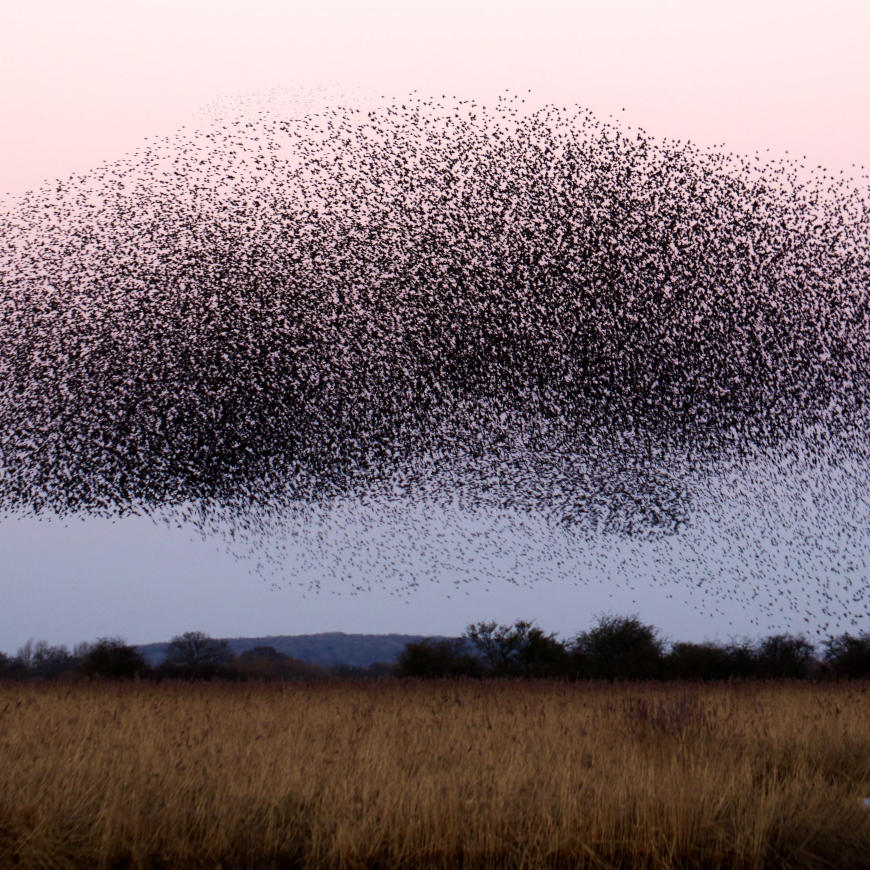Court Partially Strikes Down California’s Expansive New Dredge and Fill Rules
A 17 December 2020 trial court order largely prohibits the California Water Resource Control Board (State Board) from applying new rules that greatly expand California’s regulatory control over wetlands and dredge and fill activities throughout the state. The effect of the ruling may be temporary, however. The rules, which took effect on 28 May 2020, were in large part an attempt to regulate waters not covered by the narrowed scope of the federal Clean Water Act under the Trump administration. The rules were overturned almost seven months later when the court in San Joaquin [...]







